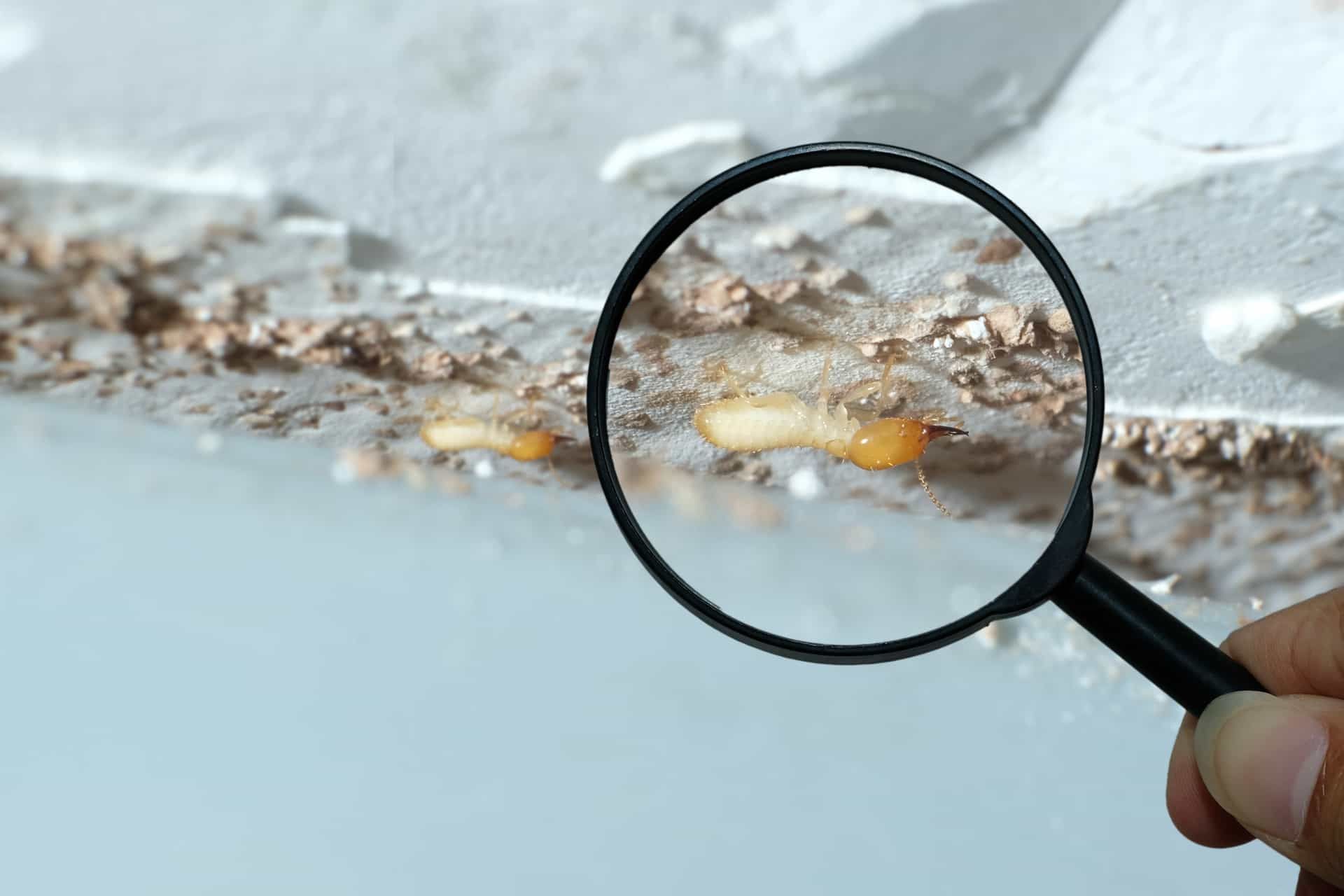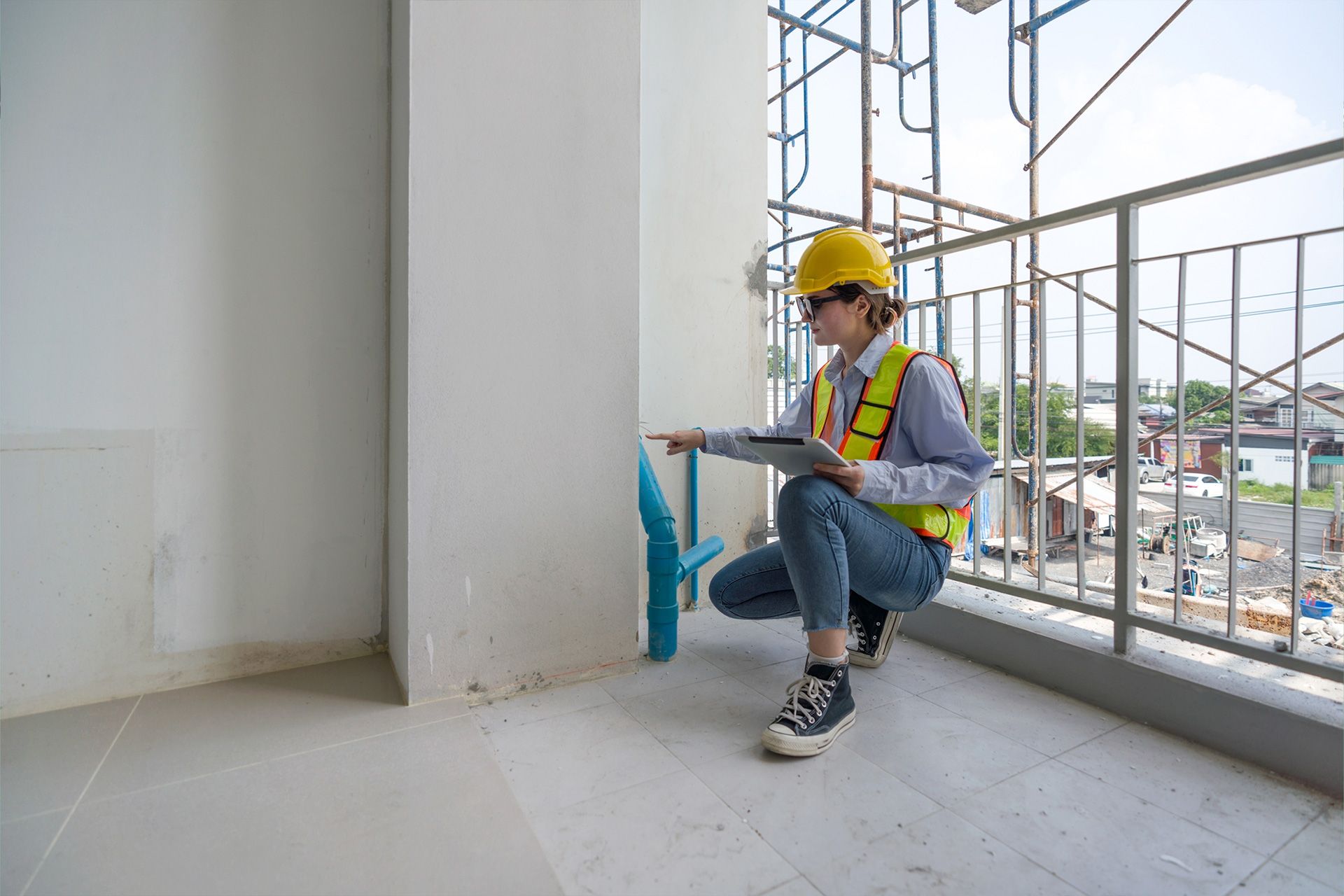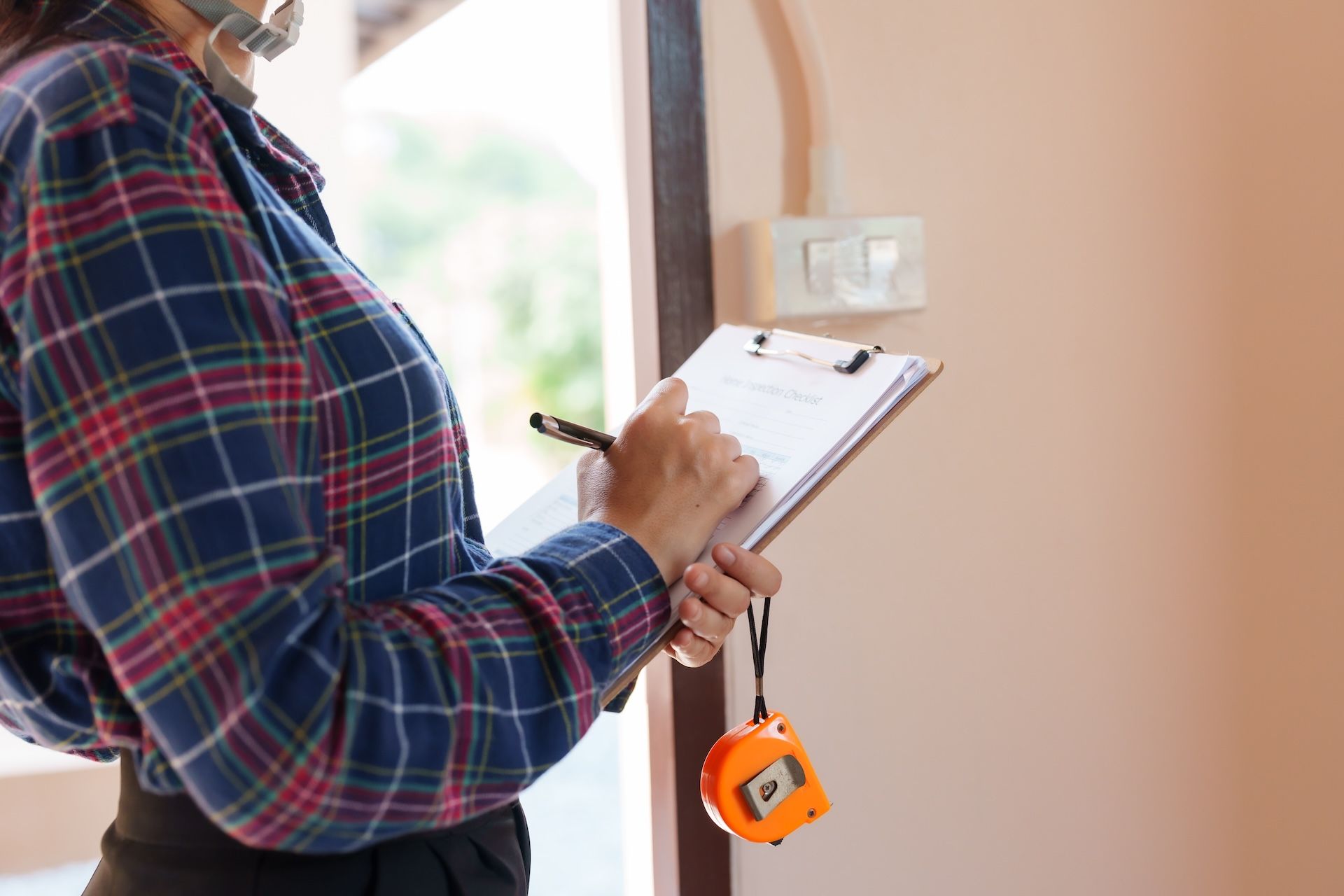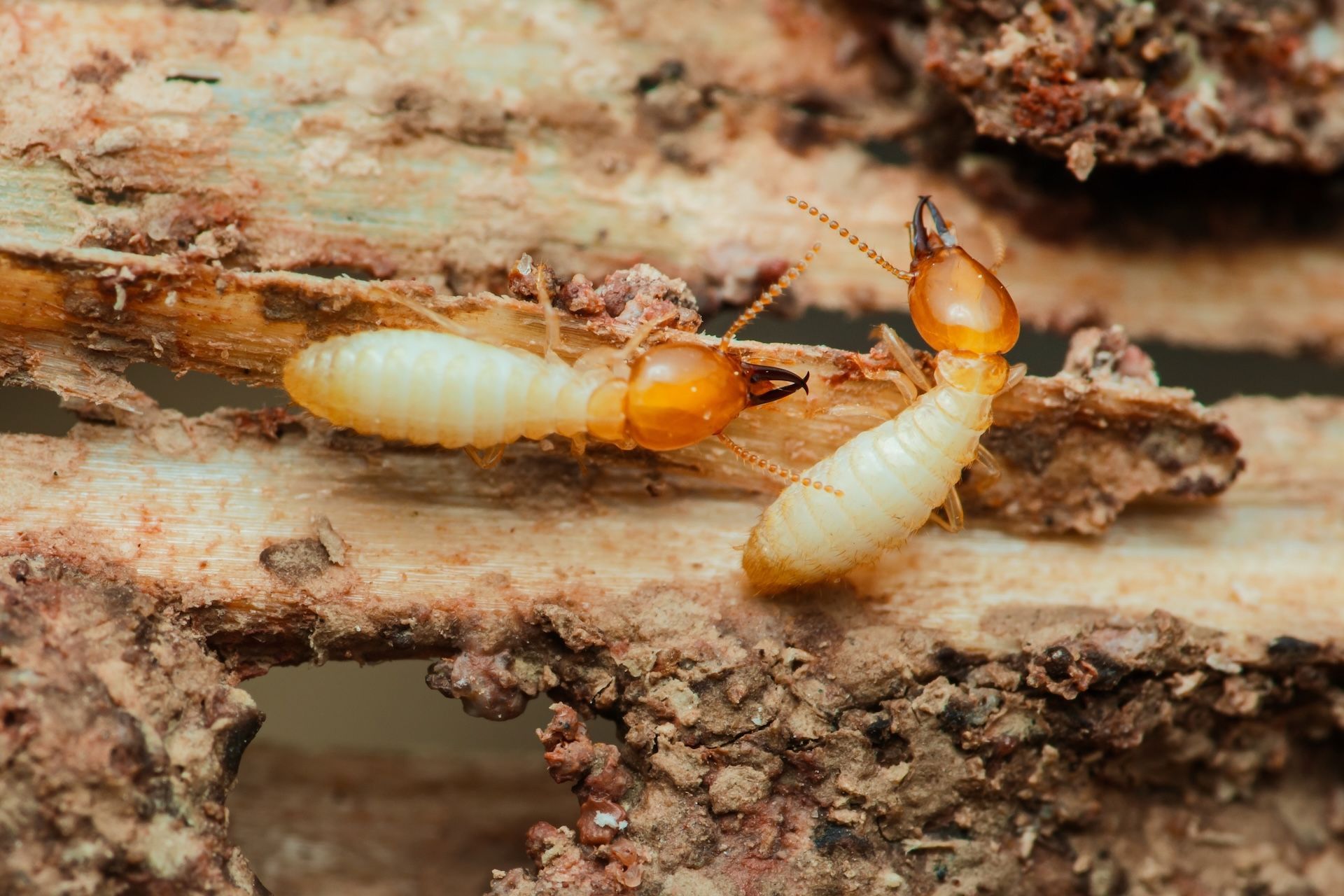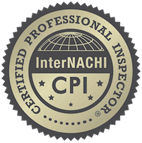How Well Water Testing Can Keep Your Family Healthy
According to data, around 12% of Florida's population relies on private wells for drinking water. While there’s nothing wrong with this, private wells aren’t regulated as strictly as public water supply. In other words, homeowners take full responsibility for ensuring their water is safe to drink.
Due to local developments or environmental factors, there is always the risk of contamination. Even worse, you may not be able to taste or smell these contaminants.
So, how can you check if your water is ok for use?
The best way to do this is with professional water testing.
Continue reading to learn about some of the most common problems private well owners need to deal with and why you should regularly order well water testing to ensure your water is safe to consume.
How private wells get contaminated
Your water comes from groundwater. Therein lies the problem. As rain passes through rocks and soil, it dissolves minerals or other contaminants located nearby. It’s also common for water to end up polluted as it travels through the plumbing system.
Both issues can affect the water’s smell, taste, and appearance. Plus, excessive minerals may lead to hard water that often builds up in plumbing fixtures and makes your home impossible to clean properly.
If your well is shallow, it may also be susceptible to various dangerous microorganisms such as E. Coli or coliforms. These can enter the water supply through poorly sealed caps, well casings, or even fractures in the bedrock.
Lastly, if the quality of the local soil is subpar, groundwater contamination is possible. It can pick up copper, nitrites, and other impurities. The same applies to the use of fertilizers and chemicals in surrounding areas.
What does a water test include?
A chemical water test includes checking for contaminants such as magnesium, calcium, nitrate, potassium, and sodium. It’s also necessary to perform testing for metals such as manganese and iron. The well water testing we offer at Guardian Angel Inspections also includes chemical analysis of corrosion, limescale deposits, as well as levels of minerals and salts that could impact your water quality.
We also test for bacteria such as coliforms and E. Coli.
By choosing us to perform your
well water testing, you can get more value for your money. Our experts will check the water’s alkalinity and also conduct a flow test on the system to gauge its overall output.
In addition, we test well equipment for signs of corrosion and confirm whether it meets local sanitation codes.
In the end, we’ll compile all our findings in a comprehensive report, complete with remediation recommendations.
Signs you should test your well water
Although signs of contamination are hard to recognize, you may need well water testing in the following cases:
- Your neighbors use petroleum products or a local business uses chemicals
- Area you inhabit was recently flooded
- There was a chemical leak around your property
- Your septic system malfunctioned
- Land on your property was reconfigured by a construction project or yard work
- Residents in your home are suffering from gastrointestinal illnesses
If any of these apply to you, you should test the water immediately.
How often should you test your water?
A good rule of thumb is to test the water every year at different times. This provides you with a full overview of your water quality at each time of the year.
In some cases, though, you may require more frequent testing. This is especially important if the flavor, odor, or appearance of the water suddenly changes. Any of these could indicate there are contaminants in your H20.
Similarly, if a well water test reveals harmful contaminants, you should monitor its status closely by scheduling a follow-up test.
What to do if your water is contaminated?
If there is a problem with your water, there are plenty of ways to treat the issue and get the quality back to normal levels.
For instance, there are different types of filtration systems that treat water contamination.
One of these is a granulated activated carbon filter installed at the point of entry. As the water passes through a carbon filter, most organic and metal contaminants will be eliminated. While you'll have to change these filters regularly, it’s by far the simplest method of restoring your
water quality.
You can also use an ion exchange system that softens the water and removes minerals, and in some cases, even fluoride, radium, and barium.
A reverse osmosis system, on the other hand, primarily removes sodium, nitrates, and other types of dissolved organic and non-organic particles. This system is perfect for removing colors, smells, and funny tastes from the water. You can combine reverse osmosis with an activated carbon filter to improve the quality of the water further. In fact, two systems may be needed in cases where the water is heavily tainted, as a reverse osmosis system doesn’t remove all contaminants.
Lastly, a distillation system boils water and collects water vapor to provide you with pure distilled water. These systems are effective with various bacteria, hardness, nitrates, dissolved solids, heavy metals, and other harmful components. The only downside is that distillation systems require extensive maintenance as they are prone to growing bacteria on the cooling coils very fast (even more so if the water is polluted on a higher level).
Ensure your water is safe
Contaminated water may cause extensive damage to your body. In extreme cases, it can be fatal if consumed. The most concerning fact is that you have no way of knowing until you schedule professional water testing.
Guardian Angel Inspections offers affordable water testing, which confirms whether your water is safe to drink. More importantly, we’ll help you decide the best steps to make the problem go away in case the results are negative.
We’re known for our high degree of professionalism. Everyone working with us is certified, fully trained, and quite pleasant to interact with.
Schedule a private well water testing - call
561-512-7854 or fill out our
contact form.
Disclaimer: The information on this website and blog is for general informational purposes only and is not professional advice. We make no guarantees of accuracy or completeness. We disclaim all liability for errors, omissions, or reliance on this content. Always consult a qualified professional for specific guidance.
Share this entry


